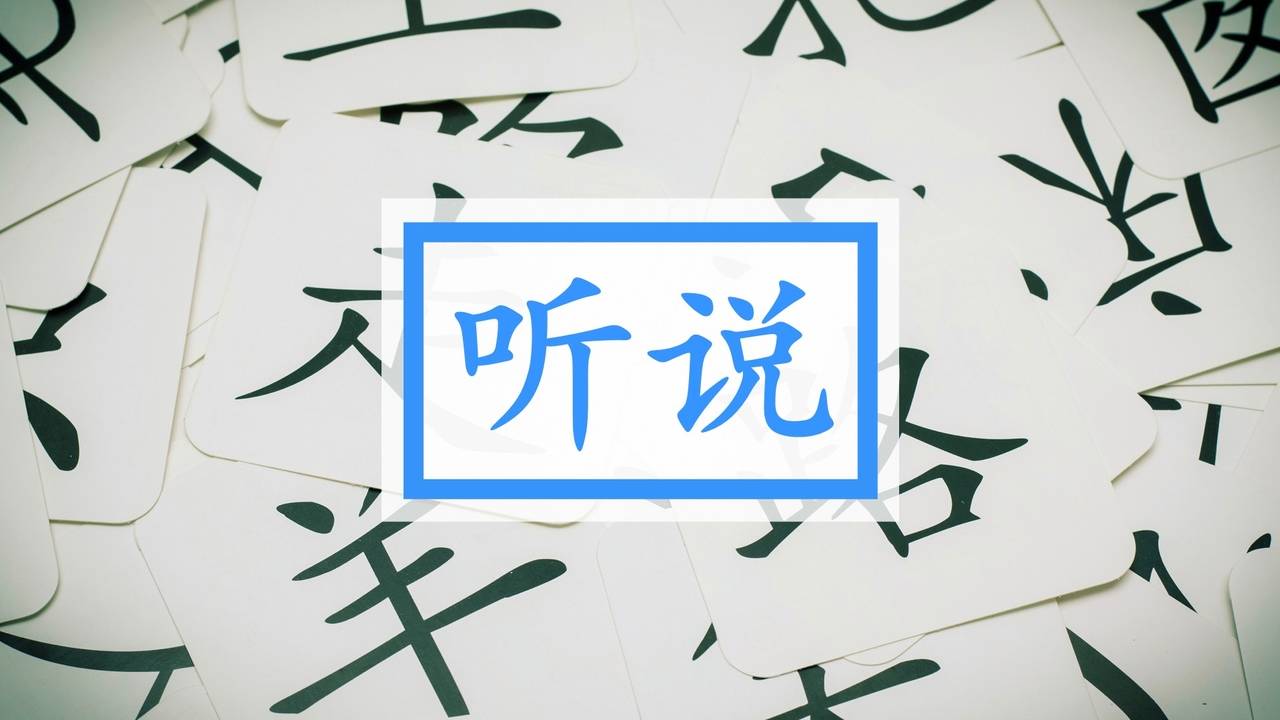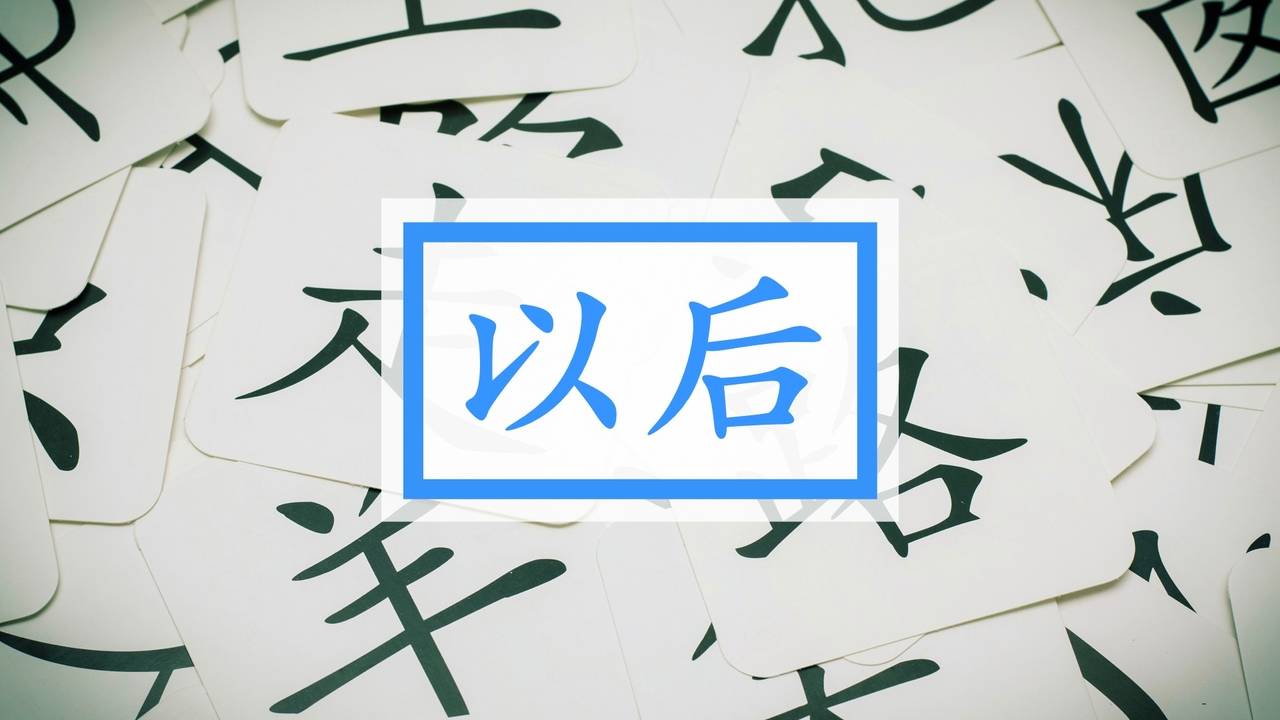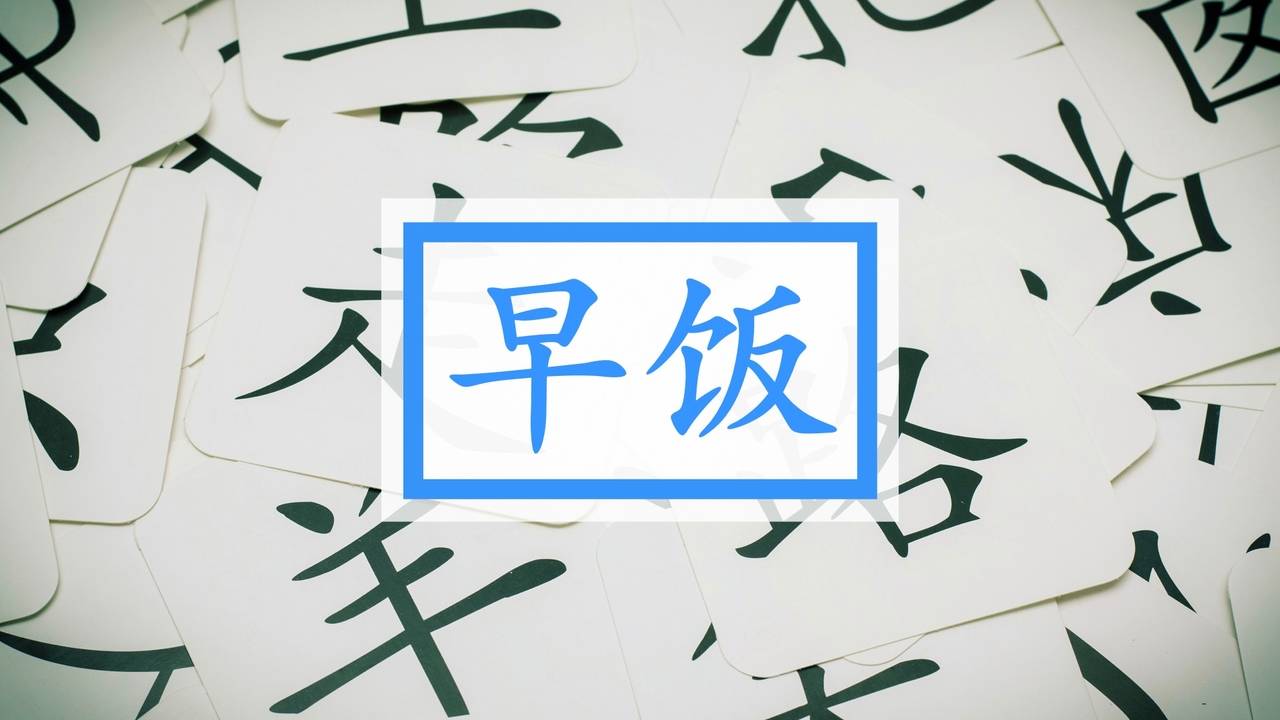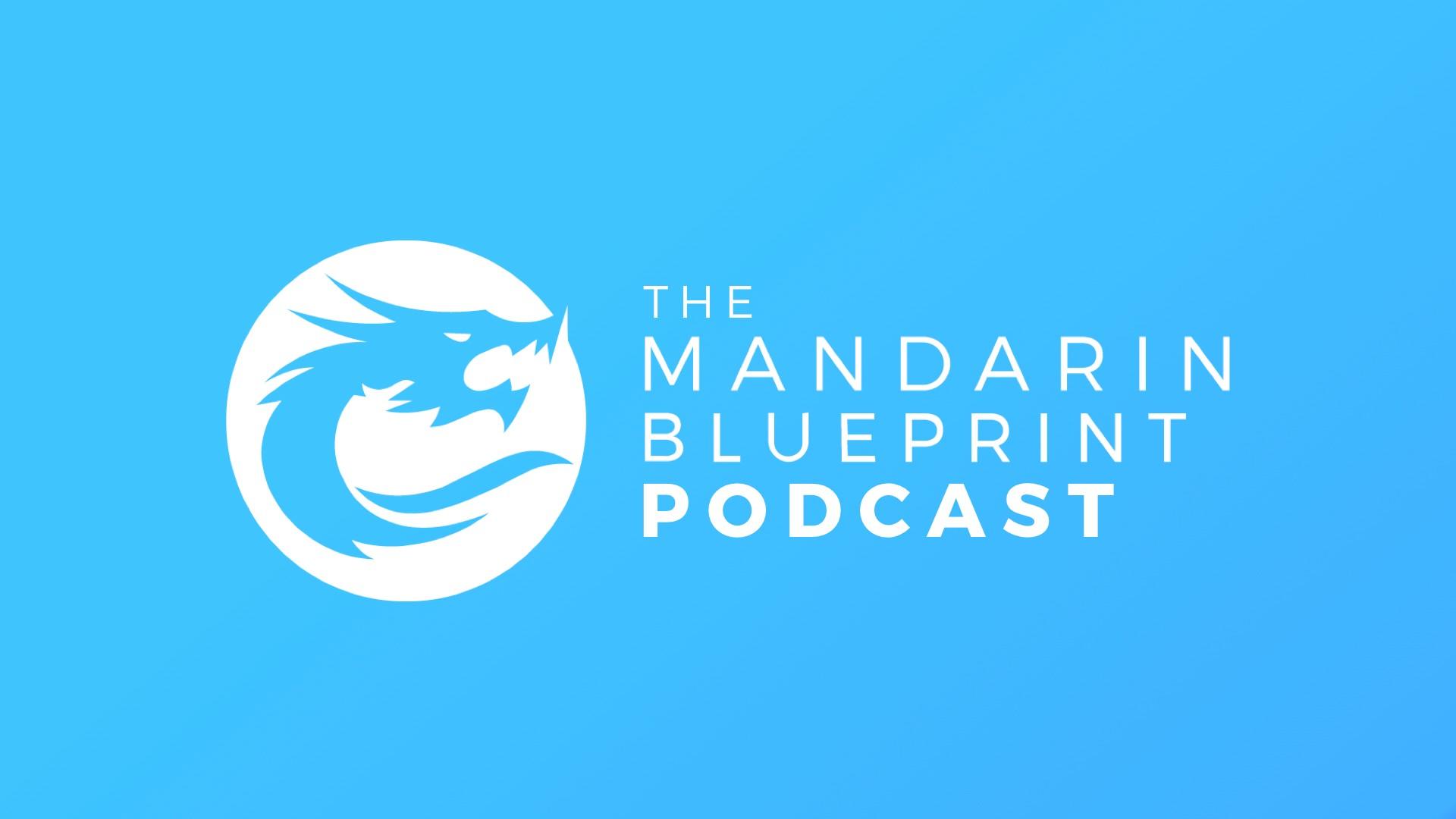
Level 23 - Vocab in Context
43 Lessons
1

某个 in Context
2

某些 in Context
3

其他 in Context
4

讨厌 in Context
5

斤 in Context
6

公斤 in Context
7

听 in Context
8

BONUS: Helper - Expressing That an Action Has Happened Before with 过
9

好听 in Context
10

听力 in Context
11

听见 in Context
12

听话 in Context
13

听说 in Context
14

近 in Context
15

最近 in Context
16

后 in Context
17

以后 in Context
18

然后 in Context
19

后来 in Context
20

最后 in Context
21

BONUS: Helper - Turning Adjectives into Adverbs with 地
22

后天 in Context
23

后面 in Context
24

后边 in Context
25

厚 in Context
26

反正 in Context
27

相反 in Context
28

BONUS: “How Does What" - Adverbs Expressing Tone of Voice
29

米饭 in Context
30

早饭 in Context
31

午饭 in Context
32

吃饭 in Context
33

吃饱 in Context
34

饿 in Context
35

员工 in Context
36

工人 in Context
37

江 in Context
38

左边 in Context
39

左右 in Context
40

右边 in Context
41

差 in Context
42

差不多 in Context
43

差点儿 in Context
Next Character
然后 in Context
CONGRATULATIONS!
A NEW WORD HAS BEEN UNLOCKED
然后
Usage 1 - "(conj.) and then, after that":
Sentence:
你应该先做完这件事,然后再去做另一件事。
English:
You should finish this thing first and then go do the other thing.
Top-Down Words:
应该 yinggāi - should, ought to, must
先 xiān - firstly
做 zuò - to do, make, to cook
件 jiàn - measure word for articles of clothing or general matters
事 shì - thing, matter, affair
Sentence:
然后飞机飞走了。
English:
And then the plane flew away.
*Sentence:
然后把自己的事给别人做。
English:
And then give your own tasks to someone else to do.
Top-Down Words:
把 bǎ - (preposition used to shift the object to before the verb, which must be accompanied by some other word or expression, often a verb complement)
事 shì - thing, matter, affair
给 gěi - to give
别人 bié - other people
做 zuò - to do, make, to cook
Need a Reminder?
The Six Steps to Learning Words





Gavin Meakin
How is 再 operating in 然后再去做另一件事? I'm guessing it's a secondary meaning of "and then". I'm just a bit confused why it follows 然后. Is this an intentional double up of "and then" for emphasis, or is 然后再 just a common way of saying "and then"?
Mandarin Blueprint
再 here is emphasizing to do this second thing AFTER a previously stated thing. It's not 100% necessary and without it would have the same meaning grammatically but it is useful for emphasizing the point.
Gavin Meakin
Awesome! Cheers for the quick reply :)
Al (泰光) Roy (王)
然后把自己的事给别人做。
So based on what I have read about using 把, I'm guessing that if I don't add 做 at the end of the sentence, I could write it simply as 然后自己的事给别人。(?)
对不对?
Mandarin Blueprint
You need the 把 as it's needed for the action 给别人 that goes with it.